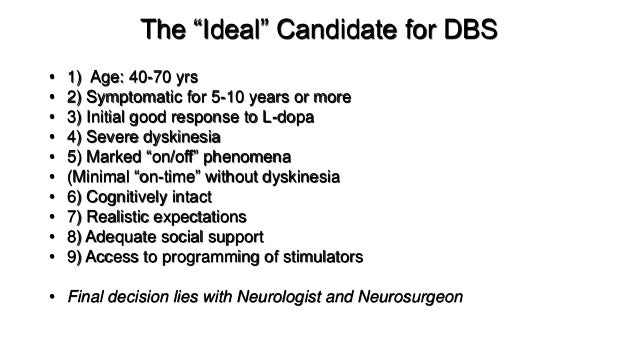Arrival: 10:45 am, admin check in - same as previous surgery although I'm on meds and got a better nights sleep. After a few minutes I am brought back to pre-surgical for gowning and IV installation.
Pre-Op: Still just as crazy as last time. "Hmm, I wonder what that guy is in here for?" Could be anything as I listen to conversations all around me. Same process as last surgery, nurse visit, then Anesthesiologist, Surgeon, intern, Anesthesiologist's intern then up to surgery. This time, however, they inject you with, well..., lets just call it happy juice.
Surgery: At some point on my way to the operating room, I was out because I have no recollection of even getting there. I especially do not remember stating to a group of nurses in the hall, "hey look, there's a gaggle of nurses". A statement only my youngest daughter would find funny as I have been calling groups of anything 'gaggles'. Did you know that a group of:
Surgery: At some point on my way to the operating room, I was out because I have no recollection of even getting there. I especially do not remember stating to a group of nurses in the hall, "hey look, there's a gaggle of nurses". A statement only my youngest daughter would find funny as I have been calling groups of anything 'gaggles'. Did you know that a group of:
Butterflies are a flutter
Crabs are a cast
Crows are a murder
etc..
I think it's insane that there are all these different names so I call a group of anything a gaggle. See, I told you only my youngest would find it funny.
Post-Op: I wake up and my throats sore - ventilator tube used during surgery, ugh. I have a newly shaved spot on the side of my head where they connected the leads from my probes to the leads from the battery pack. Oh, and of course I have this bulge over my left collarbone. Its now 3pm, "where did the day go!"
The battery pack. I'm told that after a month your mind gets used to having something foreign installed. I hope so because it is only the first week and the pack is already bugging me. It doesn't hurt but when you move certain ways you know it's there. If I'm going to carry this battery around with me, the very least they could have done is given me a USB port so I could charge my phone.
I've been wearing a hat to hide the incisions on top of my head as the hair grows back. I'm not embarrassed, its just I don't want to gross people out when they look at me. Plus, I'd rather not get into a big discussion about what is going on every time I bump into somebody I know. The problem is the new incision on the side of my head is right where the hat lays. What a pain, literally and figuratively.
Unlike the first operation, there was no boost from the insertion of the battery pack. I heal for a couple weeks then I get my first of many programmings. After nearly two weeks there are still some tender spots, especially where the leads run under my scalp. Bruising and swelling around the pack is almost gone. Stitches on the side of my head are ready to come out. So lets fire this baby up and see what she can do.
Next: In deference to the late great Gene Wilder, "Alive, It's live, It's alive!"
Next: In deference to the late great Gene Wilder, "Alive, It's live, It's alive!"









